Be Sun Smart
In the summer sun, it’s especially important to care for your mature skin for several reasons. With hotter weather sweat and oil can clog pores with dirt and bacteria. High humidity draws moisture away from your body leaving your skin dry and dull. Damaging ultraviolet rays from the sun erodes collagen which leads to wrinkles and ages the skin.
For healthier skin:
- Cleanse your face daily to remove dirt and excess oil.
- Stay hydrated. Drink plenty of water and eat water-rich foods like fruit and vegetables.
- Use light-weight skin care products. Choose hydrating, oil-free moisturizers and gel-based cleansers
- Protect your skin from the harmful UV rays of the sun which cause sunburn, premature aging and an increased risk of skin cancer. If you do go out in the sunshine, use sunscreen with an SPF or 30 or greater.
Cool Down
You May Be At Risk
Older adults are more prone to heat-related concerns. Older bodies hold more heat than younger ones. Glands don’t sweat as much. The heart does not circulate blood as well, so less heat is released from the vessels in the skin. In addition, seniors and those with chronic medical conditions often have difficulty regulating their body temperature. This is due to medical conditions and prescription medicines that make it more difficult to keep cool.
By following just a few common-sense precautions, you and your senior loved one are sure to have a safe and enjoyable summer.
- Heat Index
- The heat index measures the air temperature plus the effects of humidity. If the temperature is 90 degrees, for instance, and the relative humidity is 70%, the air feels as though it’s 106 degrees. High humidity makes it harder for sweat to evaporate from the body. When your body can’t cool, your body temperature rises, and you can become ill.
- Heat Illness
- Heat illness occurs when your body can’t keep itself cool. As the temperature rises, your body produces sweat to stay cool.
- Heat Cramps
- Heat cramps are the mildest form of heat illness and consist of painful muscle cramps and spasms that occur during or after intense exercise and sweating in high heat. Treat heat cramps by drinking fluids or sports drinks like Gatorade, Powerade or others. In addition, get into a cool, or air-conditioned area.
- Heat Exhaustion
- During extreme heat and humidity, the body may not cool itself properly. Heat exhaustion occurs when the body’s temperature reaches 102 f. Untreated, heat exhaustion can progress to heat stroke. Treatment is the same for heat exhaustion as for heat cramps.
- Heatstroke
- When the body’s heat-regulating system is overwhelmed by excessive heat, this is called heatstroke, or sunstroke. Heatstroke becomes a life-threatening emergency when the body’s temperature exceeds 104 f. Symptoms like agitation, confusion, delirium, nausea and vomiting, flushed yet dry skin, rapid breathing and racing heart begin to occur. This situation requires immediate medical attention. Call 911. When your body temperature gets this high damage to vital organs can occur and lead to death.
Tips to BE COOL
- Avoid strenuous activity and stay indoors during the hottest hours of the day
- Drink plenty of cool water and avoid alcohol and caffeine
- Keep cool snacks like popsicles and frozen grapes on hand
- Light, cool meals like salads and sandwiches are better than hot, heavy entrees
- Use a cool washcloth on the back of your neck if you’re feeling hot, or put your feet in a pan of cool water.
- Dress in light-colored, loose-fitting cotton clothing. Wear a wide-brimmed hat and sunglasses that protect against harmful UV-A and UV-B rays
Your Skin Ages Too
With aging we notice many changes in our hearing, eyesight, muscular strength, digestive system and others. Not surprisingly, our skin ages too! There are a few common skin problems that seniors do experience such as:
- Senile Purpura: Purplish spots that appear most often on the hands, arms and legs due to thinness of the skin and frailty of the capillaries and blood vessels just below the surface.
- Stasis Dermatitis or Pruritus: Dry, itchy skin which is more common in women than men.
- Exfoliative Dermatitis: A more severe form of dermatitis than stasis dermatitis, characterized by excessive peeling and shedding of skin. The severe itching can lead to infections if not properly treated.
- Age Spots: Flat brown spots caused by years in the sun.
- Skin Tags: Small, flesh-colored growths of skin.
- Viral Skin Disorders: Such as shingles and herpes zoster
Summer Skin Care
- Avoid hot baths and frequent showers. Use mild soaps, and gently apply thick moisturizers or creams while skin is still moist.
- If incontinence is involved, it is important to use absorbent products, use skin barriers, and change frequently.
- Keep hydrated by drinking plenty of water.
- Always use sunblock if skin is exposed to sun and wind.
- Use a room humidifier during the winter.
- Examine your skin regularly for “changing moles” and new growths.
- To relieve itching, place a cool washcloth or ice over the area, rather than scratching. One part vinegar to four parts of water.
- Eat a balanced diet with plenty of fresh vegetables and fruits.
Oh No! I’ve got a sunburn.
If you have spent too much time in the sun, here’s what you do:
- Moisturize sunburned skin with a lotion containing vitamin E to lessen peeling.
- Drink extra water, juice and sports drinks for a couple of days because sunburn draws fluid to the skin surface and away from the rest of the body.
- Take ibuprophen for swelling and redness especially in the first 48 hours. Ibuprophen also may prevent long-term skin damage.
- But the best protection is to be cautious in the sun. Protect your skin with a sunscreen of SPF 15 or higher. Wear a wide brimmed hat and light weight, light-colored clothing.
Don’t forget the bug spray! Insect bites can itch and swell causing discomfort. Wash the area with soap and water. Place a cold compress over the bite to reduce swelling. Do not scratch. Scratching can cause infection. Ask your pharmacist about creams to help with itching.
Wear Your Shades.
Wear sunglasses designed to protect your eyes from harmful UV-A and UV-B rays when out in the sun.
Never, ever leave anyone, or a pet, in a parked car even in the shade with the windows cracked.


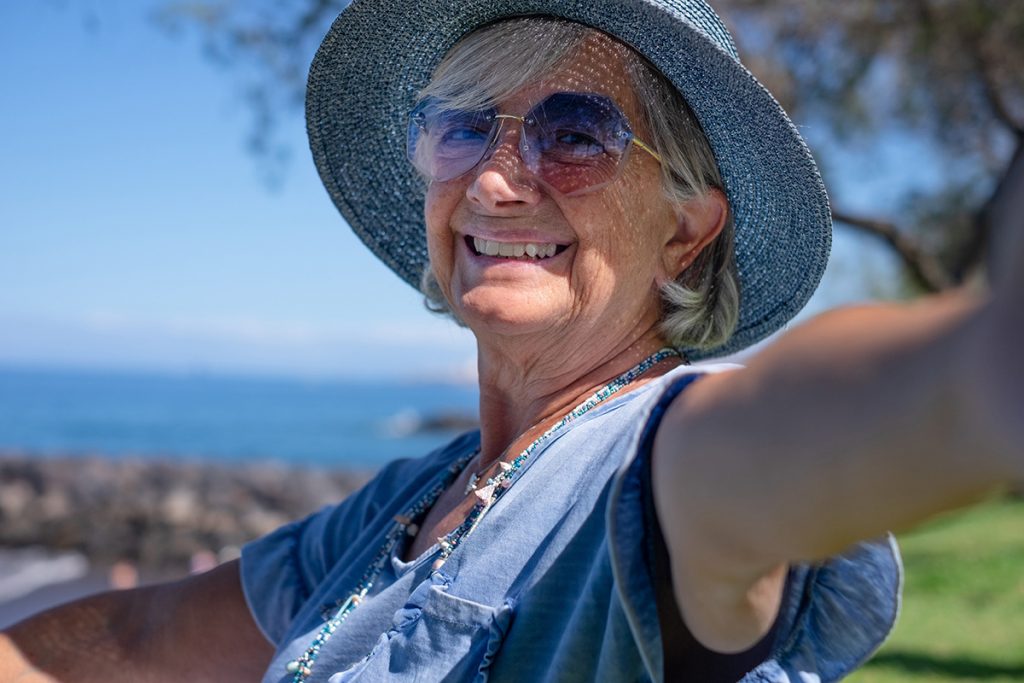
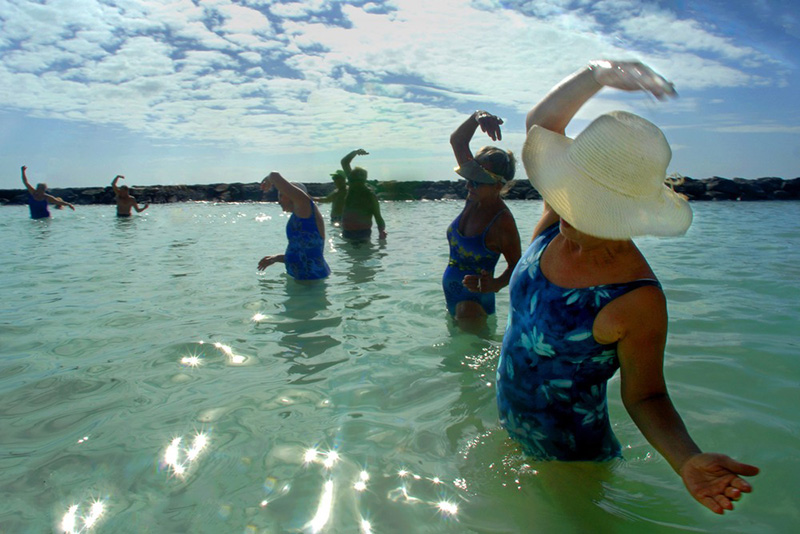
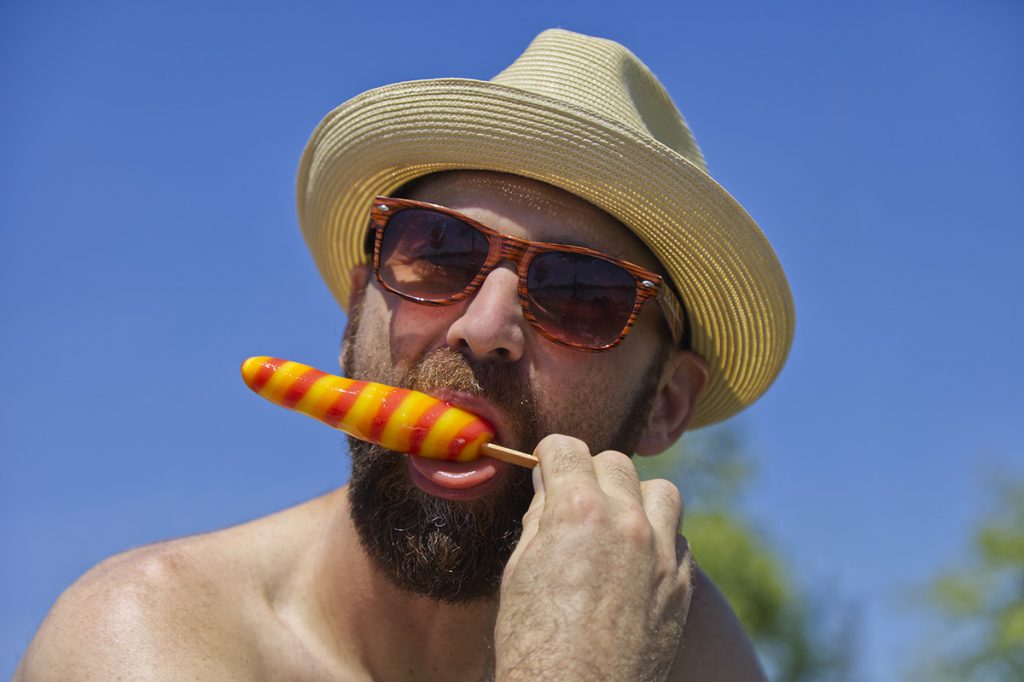
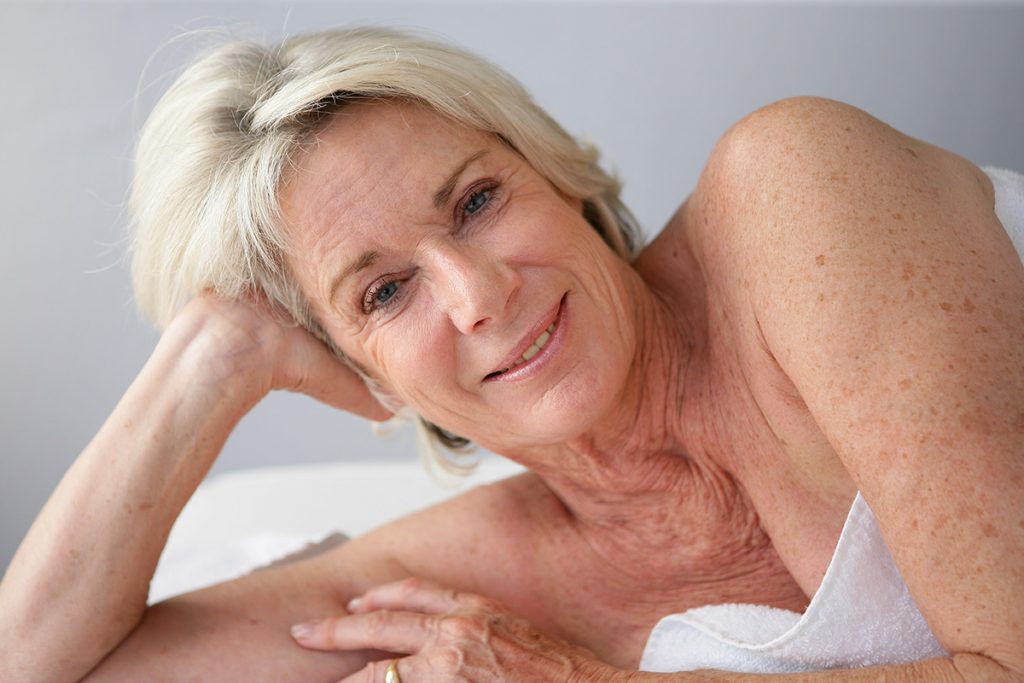
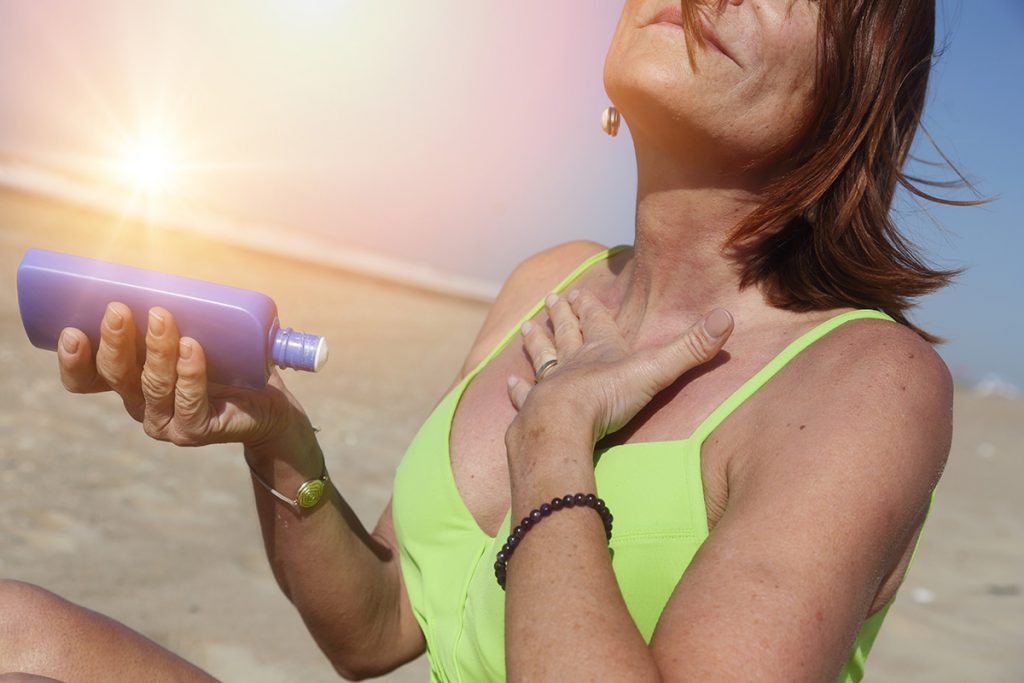
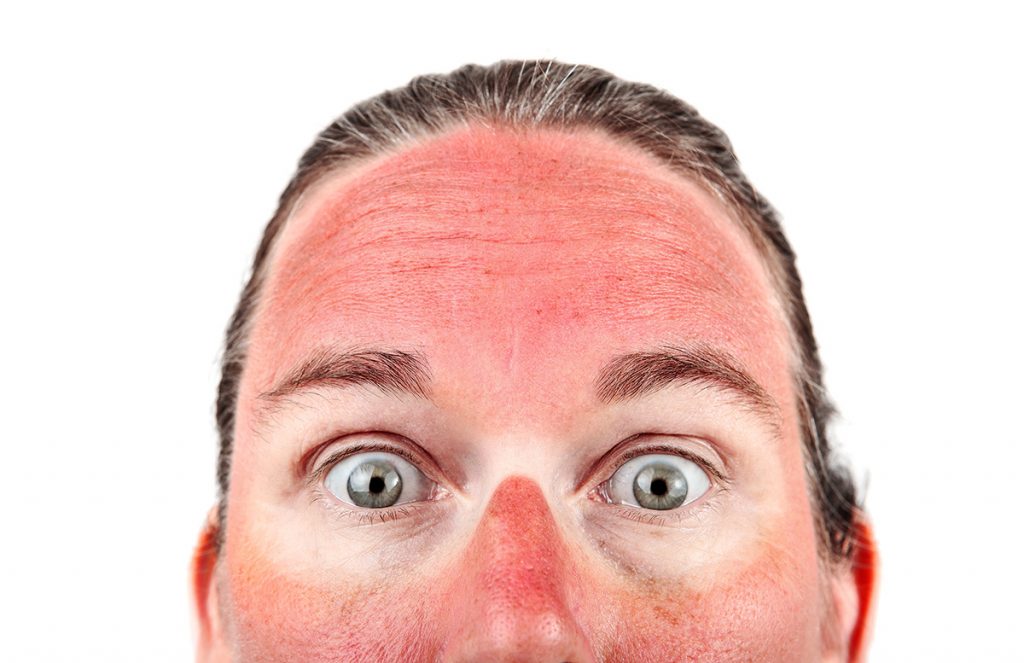
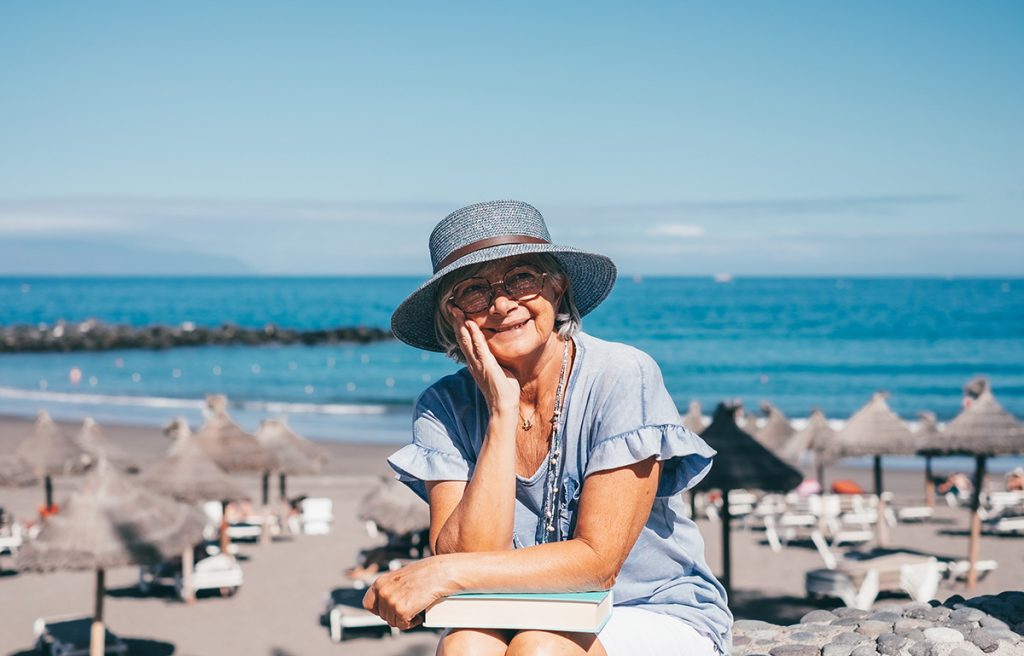



Comments are closed.